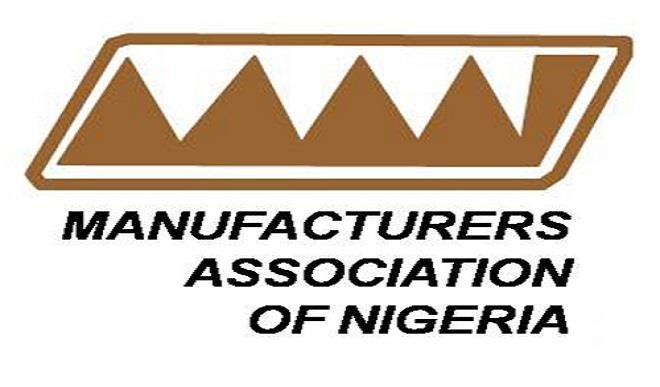Members of the Manufacturers Association of Nigeria (MAN) have decried the over 200per cent increase in the price of diesel while calling on the federal government to urgently allow them and the independent petroleum products marketing companies to import the product from the Republic of Niger and Chad.
They asked the government to immediately open up border posts in that axis in order to cushion the effect of the supply gap driven by the high cost of diesel.
- Elderly woman rescued from Lagos flood as government asks residents to avoid flood prone areas
- Killers of EYN pastor, 2 sons release kidnapped daughter
The manufacturers who are heavy users of electricity have also asked the government to remove VAT on diesel (AGO) as an instant stimulus for an immediate reduction in price and expedite action in reactivating or privatising the petroleum products refineries in the country.
Director General of MAN, Segun Ajayi-Kadiri in a statement expressed concern over the implications of the sharp increase in the price of diesel on the manufacturing sector, including the exertion of untold hardship on the sector, leading to the closure of many industries, reduction in capacity utilisation, the decline in GDP, large scale unemployment across 76 sub-sectors and increase in crime rate among others.
According to him, the current increase in prices of crude oil and other refined petroleum products such as diesel is one of such disruptions occasioned by external shocks that confirms the interwovenness of economies in the world as the recent short supply and over 200per cent increase in the price of AGO are part of the backlashes from the ongoing invasion of Ukraine by Russia.
In light of the gravity of the precarious situation, the manufacturers urged the government to as a matter of priority develop a national response and sustainability strategy to address challenges emanating from the ongoing invasion of Ukraine by Russia.
“Restrict the export of maize, cassava, wheat, food related products and other manufacturing inputs available in the country; and grant concessional forex allocation at the official rate to manufacturers for the importation of productive inputs that are not locally available,” they urged.

 Join Daily Trust WhatsApp Community For Quick Access To News and Happenings Around You.
Join Daily Trust WhatsApp Community For Quick Access To News and Happenings Around You.


